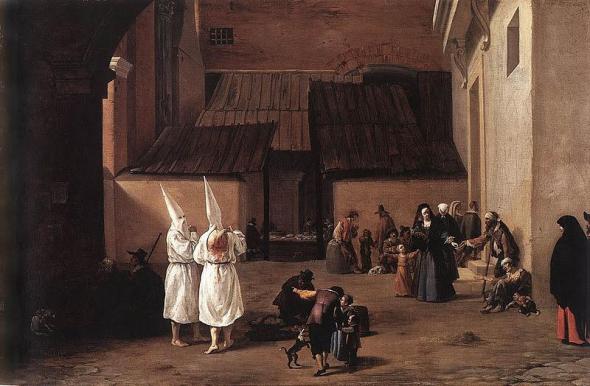Subaltern Studies
Postes avec la étiquette Subaltern Studies
Archives
Auteur
- administrador
- adrianabarbosa
- Alícia Gaspar
- arimildesoares
- camillediard
- candela
- catarinasanto
- claudiar
- cristinasalvador
- franciscabagulho
- guilhermecartaxo
- herminiobovino
- joanapereira
- joanapires
- keitamayanda
- luisestevao
- mariadias
- marialuz
- mariana
- marianapinho
- mariapicarra
- mariaprata
- martacacador
- martalanca
- martamestre
- nadinesiegert
- Nélida Brito
- NilzangelaSouza
- otavioraposo
- raul f. curvelo
- ritadamasio
- samirapereira
- Victor Hugo Lopes
Data
- avril 2025
- mars 2025
- février 2025
- janvier 2025
- décembre 2024
- novembre 2024
- octobre 2024
- septembre 2024
- août 2024
- juillet 2024
- juin 2024
- mai 2024
Étiquettes
- activismo
- Alberto Oliveira Pinto
- ciganos
- Cristina Sá Valentim
- fórum cultura
- From Marxism and Subaltern Studies to Postcolonialism. A conversation with professor Sanjay Seth
- imigrarte
- Instituto de Estudos Brasileiros
- inventory
- joão pina
- Lady G. Brown
- leroi jones
- Lula Pena
- MAPUTO FAST FORWARD (MFF)
- M’Bokolo
- padre antónio vieira
- República Democrática do Congo
- revista mensagem
- The Black Christ
- Topografias Imaginárias
Les plus lus
- AFROTOPIAS: artistas do pós-independência 17 Abril I Bruxelas
- 7th Queering Afro-Luso-Brazilian Studies Conference
- PÓS-MUSEU: 'A' de Ausência
- Uma Ecologia Decolonial - Conferência por Malcom Ferdinand
- Hanami, a primeira longa-metragem da realizadora Denise Fernandes, Cabo Verde
- Paisagens de Fogo: Uma história política e ambiental dos grandes incêndios em Portugal
- Programa de apoio à pesquisa das coleções fílmicas da Cinemateca Portuguesa-Museu do Cinema (2025)
- Curadoras macaenses da Bienal de Veneza apresentam nova mostra
- Orlando Pantera, de Catarina Alves Costa
- Mário, 14 e 15 de Maio



